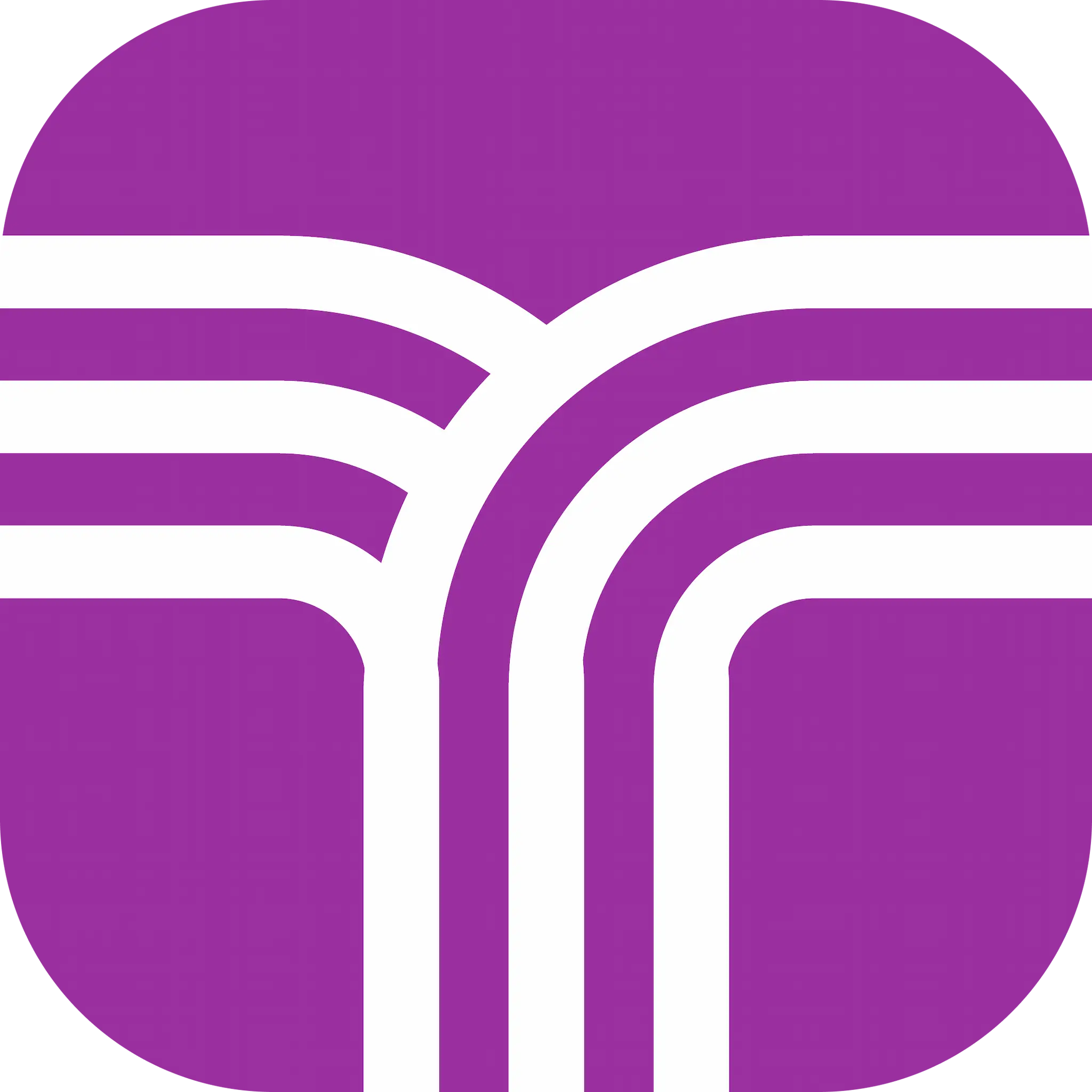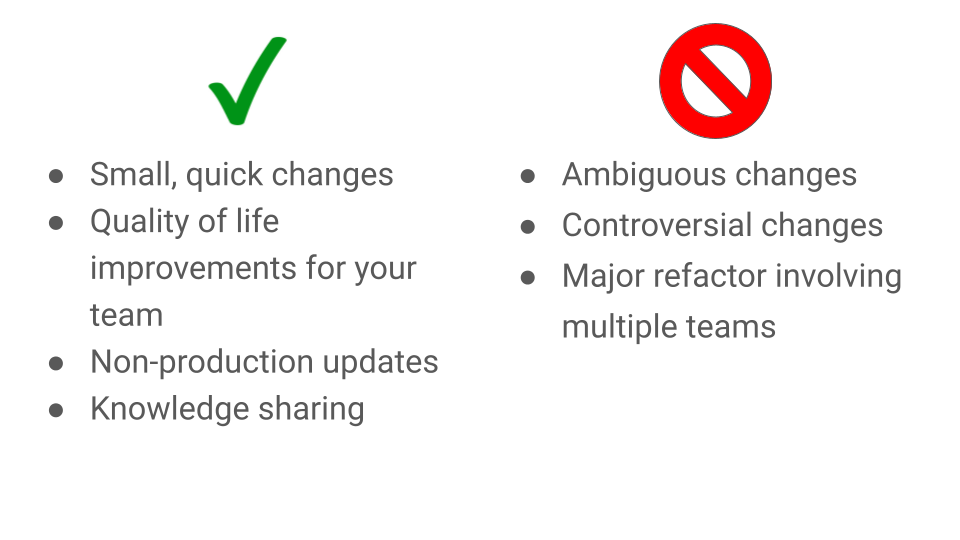Level Up Your Learning And Collaboration As An Engineer With Loom
In this new era of remote work, it's more important than ever to collaborative effectively. Here's how Loom can help you achieve that.

I'm Jian, and I'm here to talk about a tool that was monumentally helpful to my growth while working at a fast-growing startup: Loom.
Loom is an easy-to-use video tool that helps you seamlessly record your screen and send video messages to your coworkers. In this article, I will go through the tactics I used to get the most of Loom to supercharge my workflow.
Making Your Meetings More Effective
In general, you shouldn't spend too much time transcribing notes during meetings. Here's why:
- Writing notes prevents you from actually paying attention. You'll be too focused on keeping track of everything that is being said.
- It'll prevent you from engaging in higher-order learning i.e. comparing/contrasting ideas and exploring questions in depth. Higher-order learning is what enables you to encode information more effectively so that you can achieve long-term memory. While you're furiously taking notes, your brain is occupied with the mechanics of typing, not truly ingesting information.
- Having proactive dialogue and getting curious about the things you're learning/discussing is what makes you learn, and what makes the meeting valuable for you. Your goal in meetings, especially if you're not entirely sure what's going on, is to ramp up on the quality of the conversation by asking as many questions as possible to fill the gaps of your understanding.
- The best way to get value from a conversation is to be an active participant in it. By prioritizing asking questions and engaging vs. silently taking notes, you maximize your chances of being deeply immersed into the discussion while exchanging ideas and debating approach.

Now, this is where Loom comes in. Instead of taking notes, record and track the meeting through Loom where audio can be transcribed to closed captions (CC). Here's how Loom levels up the collaboration experience:
- Humans have bad memories so we're prone to forgetting small details from in-depth discussion. By having Loom log everything, nothing is forgotten.
- You can search for key terms like "ProcessA" in the search box of the transcript to jump to relevant timestamps and even write efficient notes (after the meeting) like so: [timestamp] + loom_link - ProcessA. This way, you can quickly review how ProcessA is done instead of writing extensive notes/details about it. Remember, precious time for the meeting should be spent on learning, not on tracking what is being said, which often takes away from the active engagement.
- The knowledge store prevents you from repeatedly asking the same questions, which can be annoying and degrade your reputation. By recording video content, you can review it at any time, as many times as necessary, freeing up your attention to focus on the important conversations at hand. Use Loom as a second brain to capture information, rather than relying solely on memory. Adopting this approach has helped improve my knowledge retention at work, while also eliminating the need to ask my coworkers the same questions multiple times. This allowed me to ask even higher-quality questions while further building out my knowledge, rather than burdening my colleagues with knowledge-debt.
Overall, focus on learning during meetings and just let Loom handle the knowledge tracking for you.
Asking For Help In A Better Way
Meetings are extremely expensive, and your coworkers are often too busy to help you right now. In this scenario, use Loom! Explain the problems/questions you have with the tool, batch them together in one video, and then asynchronously send them to your coworker. Here are the benefits of doing that:
- You don't have to set up a meeting -- time saved for everyone!
- You provide visual context to help your coworker understand the problem you're facing through the richness of screen share video.
- You give them the flexibility to respond when they're available to help.
- Explaining the problem yourself gives you the additional benefit of gaining a deeper understanding of what you don't know, and sometimes you can even "rubber duck" yourself out of the situation to come up with a solution. You'll be surprised at how often you realize you totally missed something obvious by talking to yourself!
In the new age of remote and hybrid work brought on by the pandemic, it's more important than ever for engineers to collaborate more efficiently when they don't have the "life hack" of being right next to each other all the time at work. Loom was super useful in helping me achieve that, and I hope it does the same for you!
If you like what I have to say, I would love to connect with you on LinkedIn: https://www.linkedin.com/in/jiank/
If you liked this article, I'm sure you'll like Taro, the premier resource for growing as a software engineer. If you're interested in Taro Premium, you can get a discount by using my special referral link here: https://www.jointaro.com/r/jiank627/




Comments ()